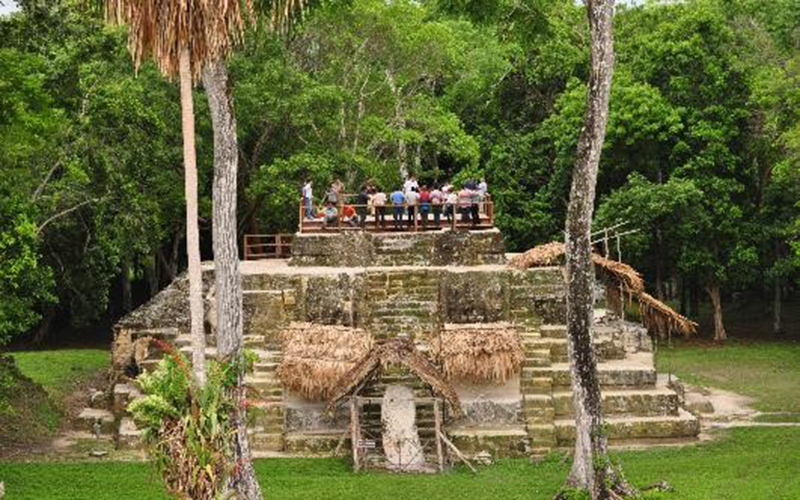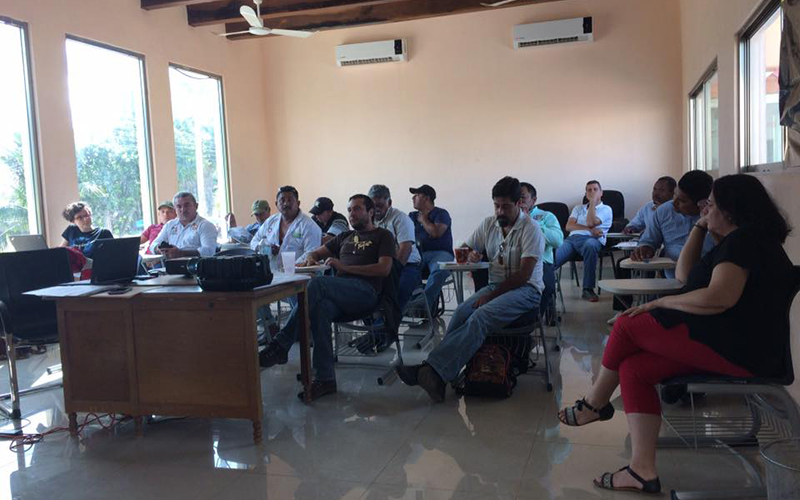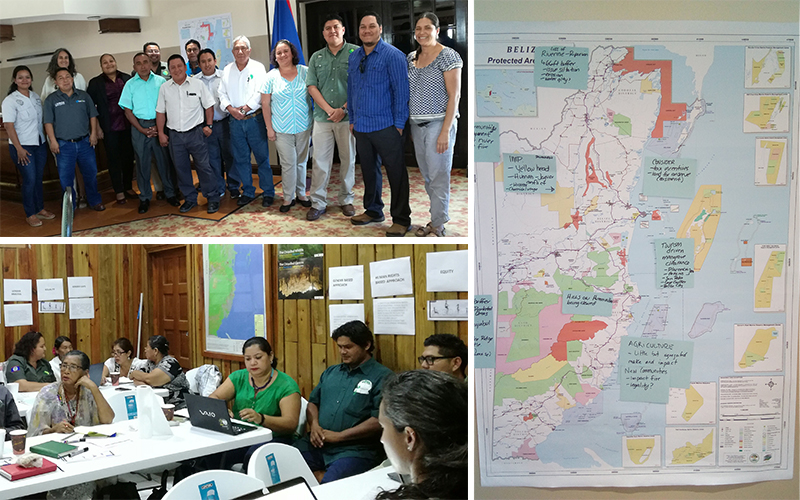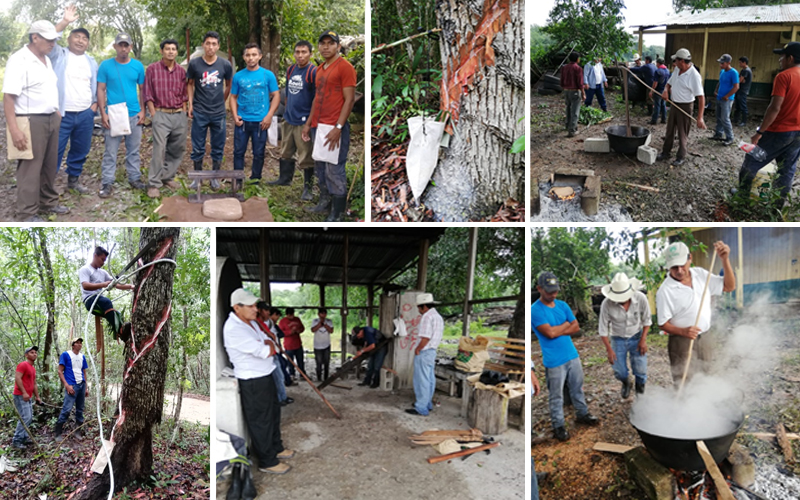Note originally published by Reporter, a Primary News Organization in Belize
Available on: https://reporter.bz/2019/06/19/endorsement-of-the-maya-forest-biological-corridor-in-central-belize/
Wednesday, June 19th. – At its meeting last week, Cabinet approved a proposal from the Ministry of Agriculture, Fisheries, Forestry, the Environment, Sustainable Development and Immigration to recognize the Maya Forest Corridor in Central Belize as an area of natural significance, which connects two of the largest wilderness areas of Central America: the Maya Mountains of Belize and the northern Maya Lowland forests shared by Belize, Mexico and Guatemala.
The connection of the Maya Mountains to the northern Maya Lowland forests is important from a biological standpoint but also presents worthwhile potential socio-economic benefits for the central area of Belize around the coastal highway region and the lower river valley area. Healthy biological resources in the area: (i) provide for sustainable game meat extraction which can provide great benefits for communities; and (ii) provide vital ecosystems services such as pollination, water retention and release, rain formation and flood mitigation to adjacent sugarcane, citrus and mango croplands. The Maya Forest Corridor is home to endangered and critically endangered species like the jaguar, the Central American River Turtle (or hicatee), the Central American Spider Monkey, and the Baird’s Tapir, among many other animals that require the cover of forest to move across the landscape in search of food and breeding opportunities.
The establishment of the Maya Forest Corridor will also contribute towards addressing a number of national priorities, and regional and international commitments including: Sustainable Development Goal 15; Belize’s Growth and Sustainable Development Strategy Critical Success Factor 3; Belize’s Nationally Determined Contributions under the United Nationals Framework Convention on Climate Change and Belize’s commitments under the Convention on Biological Diversity and the regional Mesoamerican Biological Corridor initiative started under the auspices of the SICA-CCAD.




